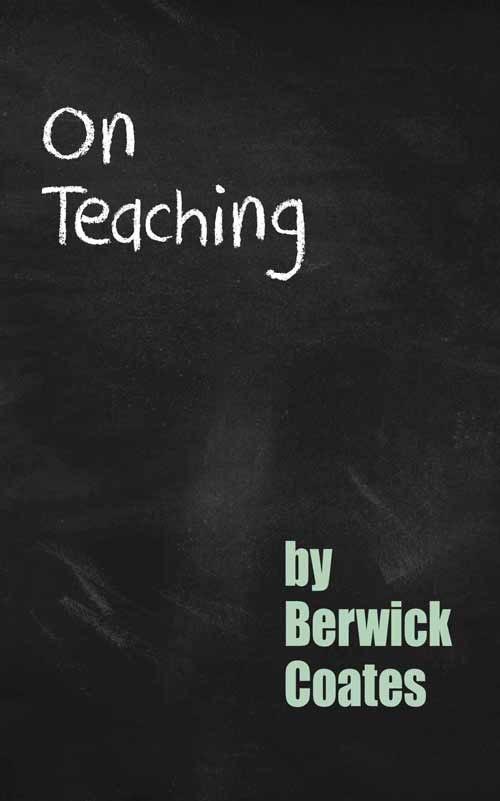Good teachers tell stories
But you don’t just want stories that teach a lesson, for really good lessons you need really good stories.
Anyone who has spent time in a classroom – at either end of education – knows that certain things are vital to good teaching – discipline, purpose, planning, knowledge, example, humour – you can all extend that list, and be right.
I suggest that the list is not complete till you have added stories. Stories that teach a lesson are lessons that stay learnt.
1. Stories matter
Stories are vital to good teaching, anywhere – on mum’s knee, in the nursery, in the classroom, the lecture hall, the Army barracks, the place of worship, the management training course, anywhere.
2. A splint for the memory
Forgetting what teachers tell us is so easy. A story helps us to remember. It brings drama to a lesson, suspense, humour, character, fun, awe, action, all sorts of things. It can teach great life lessons besides the stuff that the teacher wants to get across. More to the point, a story helps to fasten the school lesson into the memory, If it does that, it is the story that gets the point across, not the teacher. All the teacher has to do is tell it; it almost saves him the trouble of driving home the rest of the lesson.
3. Everyone likes stories that teach a lesson
They are not just a treat to end the primary school day; they are a winner with everybody. They constitute one of the few activities where the enjoyment is the same at both ends; telling them can be as much fun as listening to them. Stories, however brief, instantly change instruction into entertainment. They are the perfect classroom anaesthetic; they can make learning pretty painless. Even Jesus thought they were a good idea. And he was reckoned to be a rather good teacher. His stories have got themselves remembered for centuries.
4. Anyone can do it
You don’t have to be Hans Christian Andersen or Scheherazade. If you don’t think you can tell long stories, tell short ones – anecdotes. Anecdotes can teach lessons too. They can be just as biting and memorable. Sometimes more so. A ten-second anecdote, well put over, can be a sensation. And it can stick for years. Anecdotes are very do-able, but you have to work on them. You have to polish them, hone them, burnish them, practise them; they don’t get better just by themselves. And trim them; the barer they are, like the fan dancer, the more attention they get.

5. Stories belong anywhere
Don’t assume that stories teach lessons only in English classes. Think of apples in Physics; apples in RE too; more apples on little Swiss boys’ heads. Every subject has its own collection. And in classroom teaching, no subject is so dry that it can’t be refreshed by a good story.
So – Write it in every teacher’s notebook: ‘You can’t beat a good story.’ A good story with a good lesson in it is even more unbeatable.
Well – to summarise: stories matter; a good teacher knows how valuable they are; they help us to remember education; stories appeal to everybody; any teacher can do stories – tiny ones work too; stories don’t belong only in English lessons; any subject can benefit from them, and every teacher has his own collection in his own subject; they’re all there, just waiting.
Outside the classroom, wherever you are and whatever you are doing, be ready to spot a good story. Develop a nose for one. The right story can offer ammunition for a lesson, in any subject, anywhere, from classroom teaching to hillside preaching. Stories often come in disguise, and will need to be handled carefully, kneaded, moulded, persuaded gently to shed their worth.
Whenever you find one, jot it down, especially the best bits, the juicy bits, the bits which need accurate quoting, the punch lines. If you don’t, you’ll forget, and the story will lose some of its sting.
Work out how you would develop one, shape one, present one, make it fit the context in which you propose to use it, make it suit your own style. Make it yours.

Recent Comments